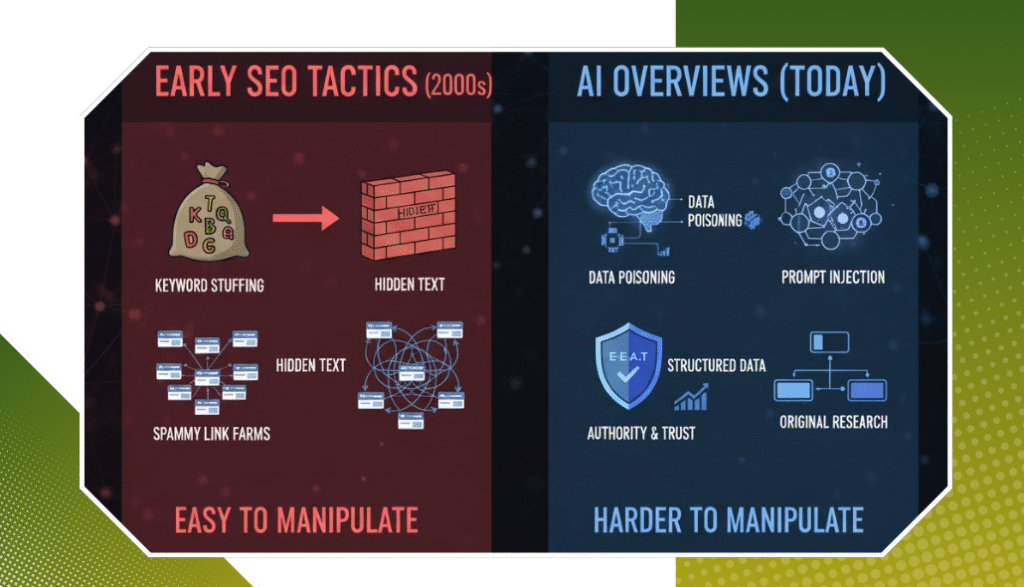For small and medium businesses, budgets are tighter. So, each marketing dollar must count. SEO helps you get long-term traffic without paying for every click. Local visibility is even more critical. That’s why investing in SEO Services in Kitchener-Waterloo is one of the smartest decisions any SMB can make. Let’s break down real, proven tactics that work for local businesses right here in KW.
Know Your Local Audience
Start with the basics. Understand who your customers are. What do they search for? When do they search? Look at your current customers and ask where they live, what devices they use, and how they found your site. Use free tools like Google Search Console and Google Analytics. These tools show how users get to your site and what they do once they’re there. Focus on the keywords your actual audience is using, not just what you think they might use.
Use Local Keywords the Right Way
It’s not just about adding “Kitchener” or “Waterloo” to your keywords. Think deeper. People search differently based on what they need. Someone looking for a “plumber near me” could also type “emergency plumber in Waterloo” or “best plumbing repair Kitchener.” Do keyword research that’s rooted in how locals talk. Tools like Ubersuggest and AnswerThePublic are helpful for this. Add those local terms in your page titles, meta descriptions, and headers. But keep it natural—don’t force it.
Claim and Optimise Your Google Business Profile
One of the easiest wins for a local business is claiming your Google Business Profile. It’s free and gives your business visibility on Google Maps and the local pack. Make sure your name, address, and phone number (NAP) are 100% accurate. Add high-quality photos of your location or work. List your hours and keep them updated. Ask your happy clients to leave honest reviews, and always respond to them. This isn’t a one-time setup. Keep updating it with new info, posts, or services. Google loves fresh data.
Create Location-Based Content
Content is still king—but for local SEO, location matters. Write blog posts that talk about your area. If you’re a café, write a post about “Top Coffee Spots in Downtown Kitchener.” If you’re an electrician, share safety tips for winter in Waterloo homes. These posts do two things: they help Google know where you operate, and they show your connection to the community. It’s a quiet way to show expertise and build trust.
Make Sure Your Website Works on Mobile
Most people searching for local services do it on their phones. Your website has to load fast and look good on small screens. Use mobile-friendly themes. Keep your menus simple. Buttons should be easy to tap. Speed matters—slow pages drive people away. Tools like Google’s Mobile-Friendly Test can help you see what needs fixing.
Get Listed in Local Directories
Local directories still matter. Think YellowPages, Yelp, 411.ca, and industry-specific ones. Being listed in multiple, consistent places helps boost your local SEO. Make sure your NAP matches exactly across all listings. Even a small variation, like using “St.” in one place and “Street” in another, can hurt your rankings. These citations show Google that your business is real and active in the community.
Build Quality Local Links
Backlinks are still a major SEO factor. But small businesses in Kitchener-Waterloo don’t need links from giant sites. Focus on local connections. Get links from local newspapers and business associations, or sponsor a local event. Collaborate with nearby businesses if you’re a photographer, partner with a local wedding venue and ask for a link on their vendor page. Google sees these links as trust signals. And they’re more relevant than random backlinks from unrelated sites.
Use Schema Markup
This one sounds technical, but it’s worth learning. Schema markup helps search engines comprehend your site better. Add local business schema to your homepage. Include info like your business name, address, hours, and type. This can help your listings show rich results like stars, hours, or maps in search. There are free generators online to create schema without coding. Use Google’s Rich Results Test to make sure it’s done right.
Track Your Progress Regularly
SEO isn’t a one-time task. It’s a long game. You have to keep an eye on what’s working and what’s not.
- Set up regular reports. Look at keyword rankings, traffic, bounce rates, and conversions. Tools like SEMrush, Ahrefs, or even free options like Google Data Studio can help you visualise your data.
- If something drops, don’t panic. Dig into the cause. Maybe a competitor updated their site, or maybe a new algorithm update rolled out. Adjust as needed.
Use Social Media to Support SEO
While social media doesn’t directly affect rankings, it helps your content get seen. Share your blog posts, services, and updates. Use hashtags like #KWBusiness or #KitchenerLocal. Local hashtags help users find your content. More eyes mean more chances of getting clicks and links. And don’t forget—you can add your website to your social profiles for extra traffic.
Optimise for Voice Search
More people are using voice assistants to search. This means your SEO strategy should include natural, question-based phrases.
- Instead of just “bakery Kitchener,” think about how people speak. “Where’s the best bakery in Kitchener?” or “What time does [your bakery name] open today?”
- Add FAQs to your pages. This format fits voice search and improves usability.
Improve User Experience
SEO is not just about keywords. It’s also about how your users interact with your website. A confusing website hurts rankings.
- Keep your design clean. Use clear calls to action. Make sure pages load quickly. If users stay on your site longer and click around, Google sees that as a good sign.
- Use tools like Hotjar or Crazy Egg to see how people use your site. Small changes can make a big difference.
Local Reviews Matter More Than Ever
Online reviews are powerful. They impact rankings and customer trust.
- Inspire satisfied customers to leave reviews on Google and other platforms.
- Respond to every review—good or bad. Be polite and stay professional. Google sees review activity as a ranking factor. So, the more quality reviews you have, the better.
- Avoid fake reviews. They’re easy to spot and can backfire. Stick to building genuine feedback.
Conclusion
Winning at SEO as a small or medium business in Kitchener-Waterloo isn’t about fancy tricks. It’s about doing the basics well and staying consistent. Focus on your local audience. Build useful content. Make your site easy to use. And keep your online presence accurate across every platform. These small actions add up. With time and effort, your business can rise above the noise. If you’re ready to get serious and need a team that understands the local market, Contact Us at Rankingeek Marketing Agency. We’re here to help you grow smart, not just fast.




